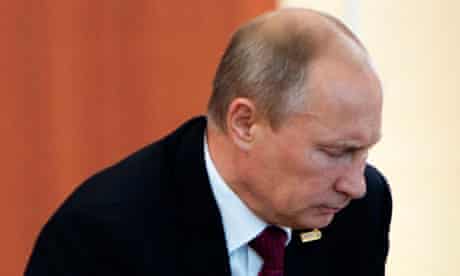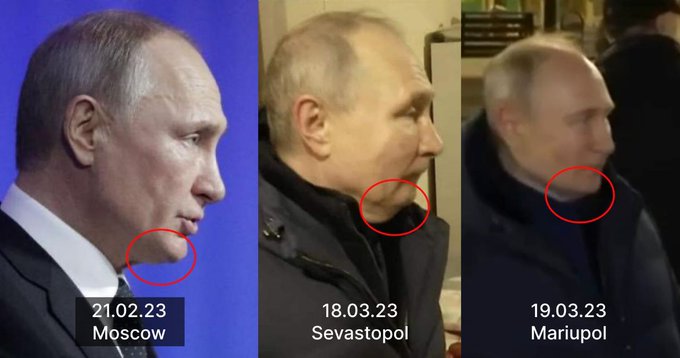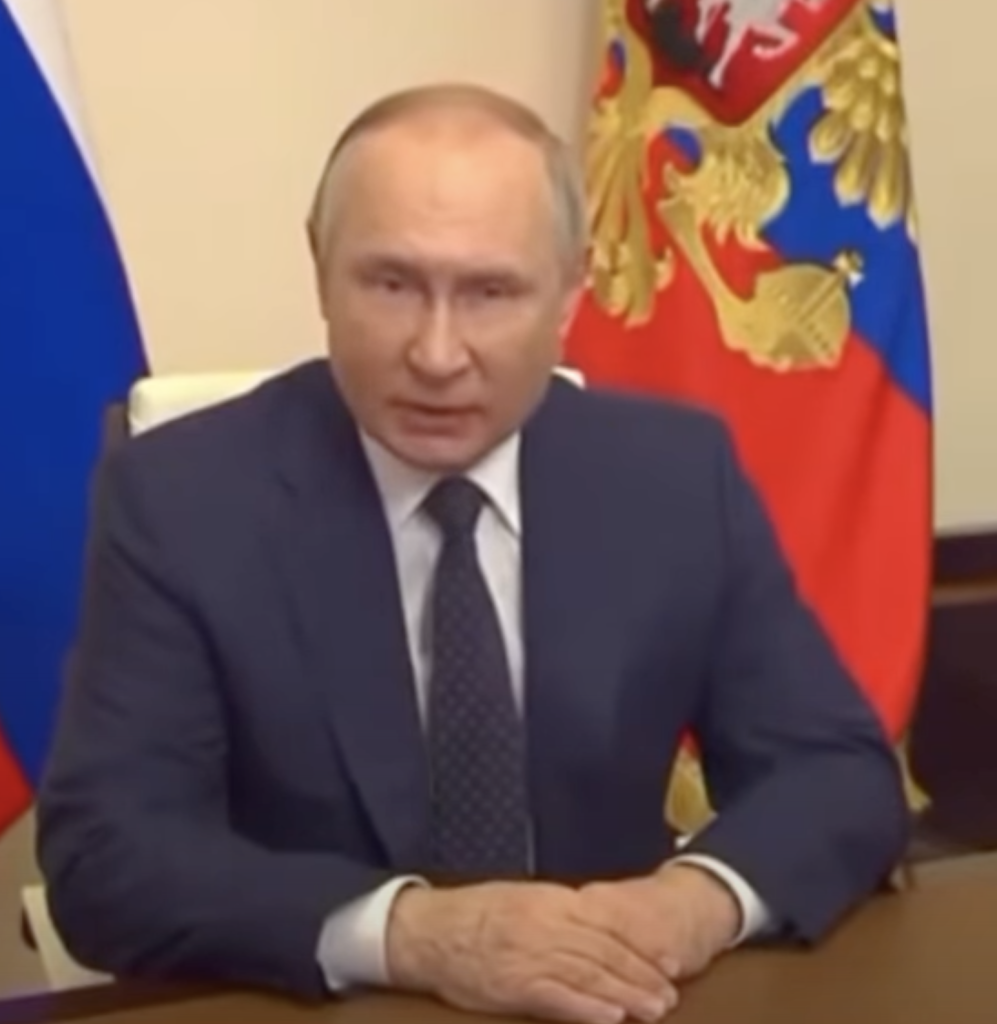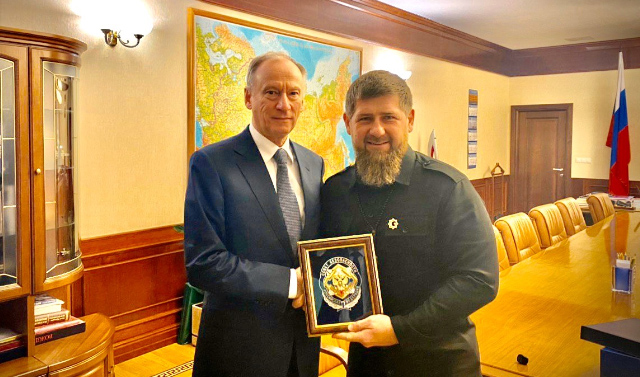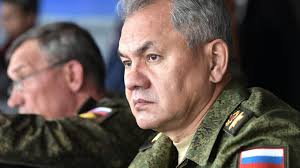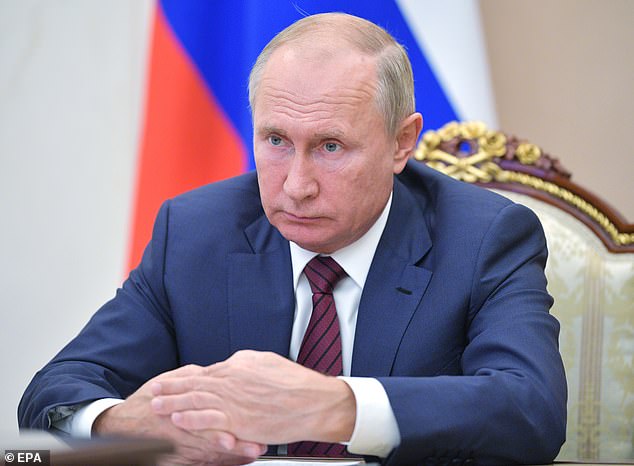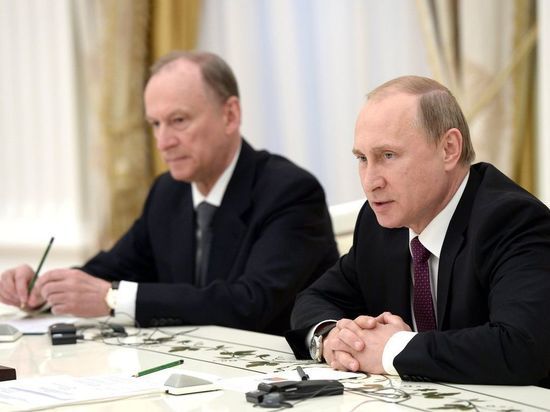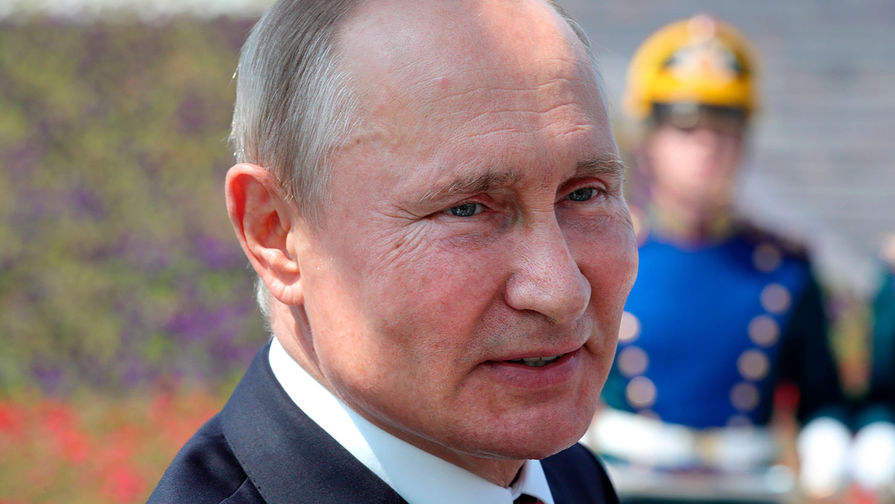The Kremlin first started commenting on existing body doubles for Putin, which likely means that public appearances of Russia’s President are a major problem.
The Kremlin should be ready to face the challenge for Vladimir Putin to appear in public over his health in the next 1-1.5 years. Starting from 2021, proxy indicators of trends in Russian government revealed critical health of Russia’s president.
An assessment of his possible clinical diagnoses casted doubts on his presidency prospect until the end of 2022. But foreign doctors, probably included in treatment specialist team, and access to imported experimental medicine helped to slow down ill health. The study of available data suggests, however, that Putin’s health irreversibly declines, with negative outlook. The facts are the following:
- The President holds almost all working meetings by video link. Sometimes, the interlocutors hear just his voice. Although spokesman Peskov denies the existence of Putin’s body doubles, another man who looks different appears in public instead of Putin.
- The Kremlin sources report at least two changes in Putin’s treatment program. That might indicate previous treatment failure or emerged side effects, therefore the treatment tactics was changed. Thus, Putin is unlikely to recover and his entourage should look for ways to stay in power, so they imitate the status quo.
Transition of power has practically stopped in Russia. This may indicate that political elites anticipate the Soviet scenario for leader change, which means something changes when the leader dies and the successor is then determined behind the scenes.
Ongoing imitation of healthy president allows the Kremlin to keep on functioning for some time, when president is absent or incapable. The statements by Peskov’s are most likely fuelling information support for a scenario when a person acting as president will hardly look like Vladimir Putin.
In this context, there are uncertainties over nuclear stockpile control and the decision to use.
There is no risk the body double would get out of control, but there are doubts whether he would be able to withstand mental pressure by those who will manipulate and control him.
Thus, Russia could possibly be in a position when de jure governance is different from de facto governance. The Russian government, in these circumstances, will not be able to keep the system of checks and balances that Putin has built. That will trigger an imbalance and tougher Kremlin’s stance over the regions and political elites. The risk of radical decisions by a group of “siloviki” will grow, as for domestic policy. The attempts to create private military companies in Russia are likely to indicate that. The race for power in Russia will peak to the limit, under such conditions, with Moscow losing control over the regions.
